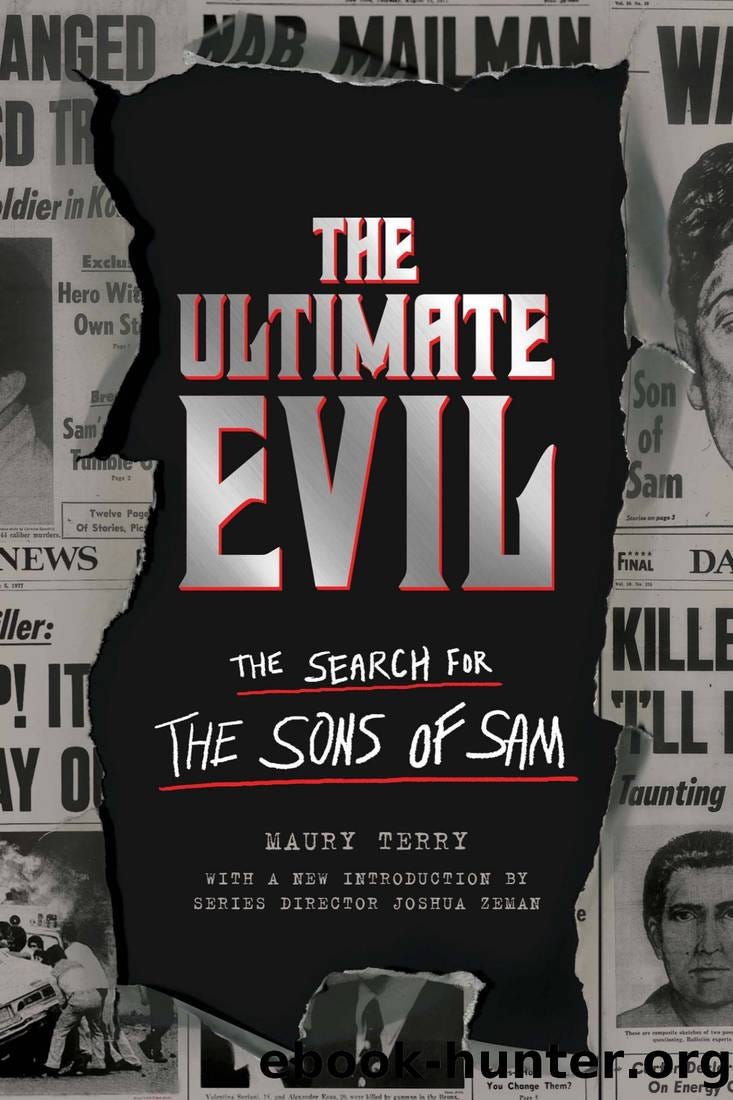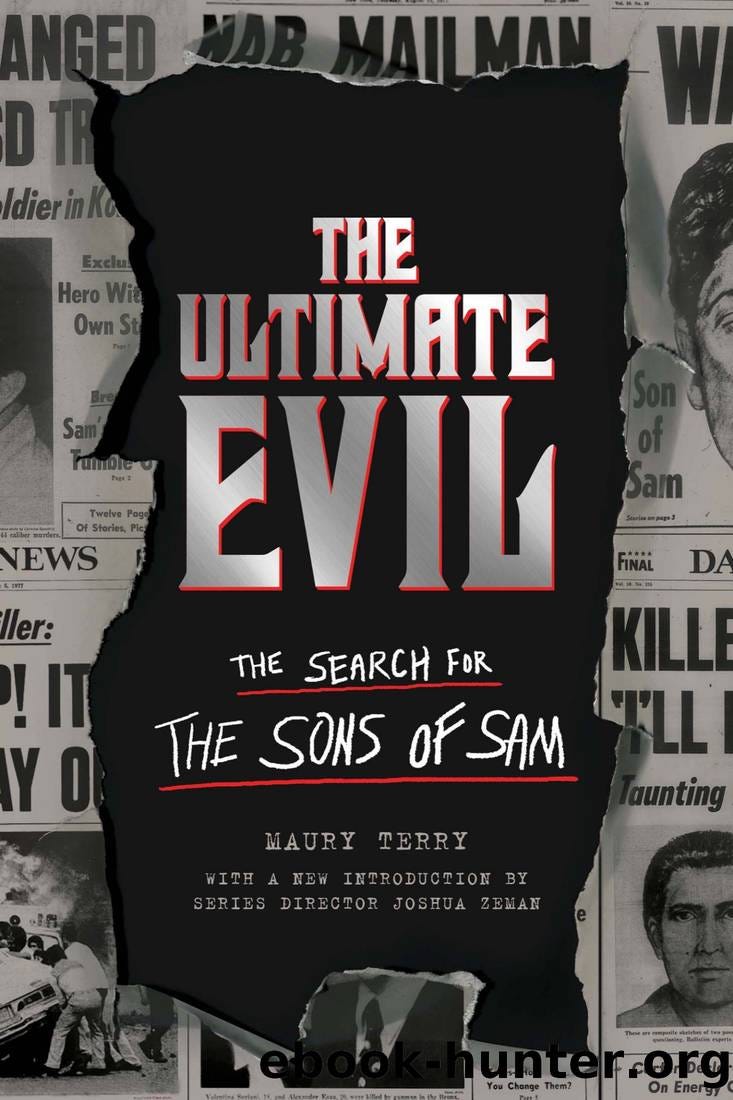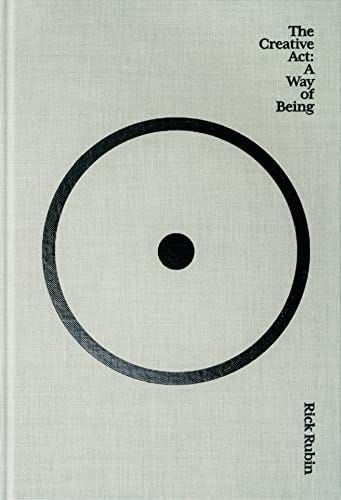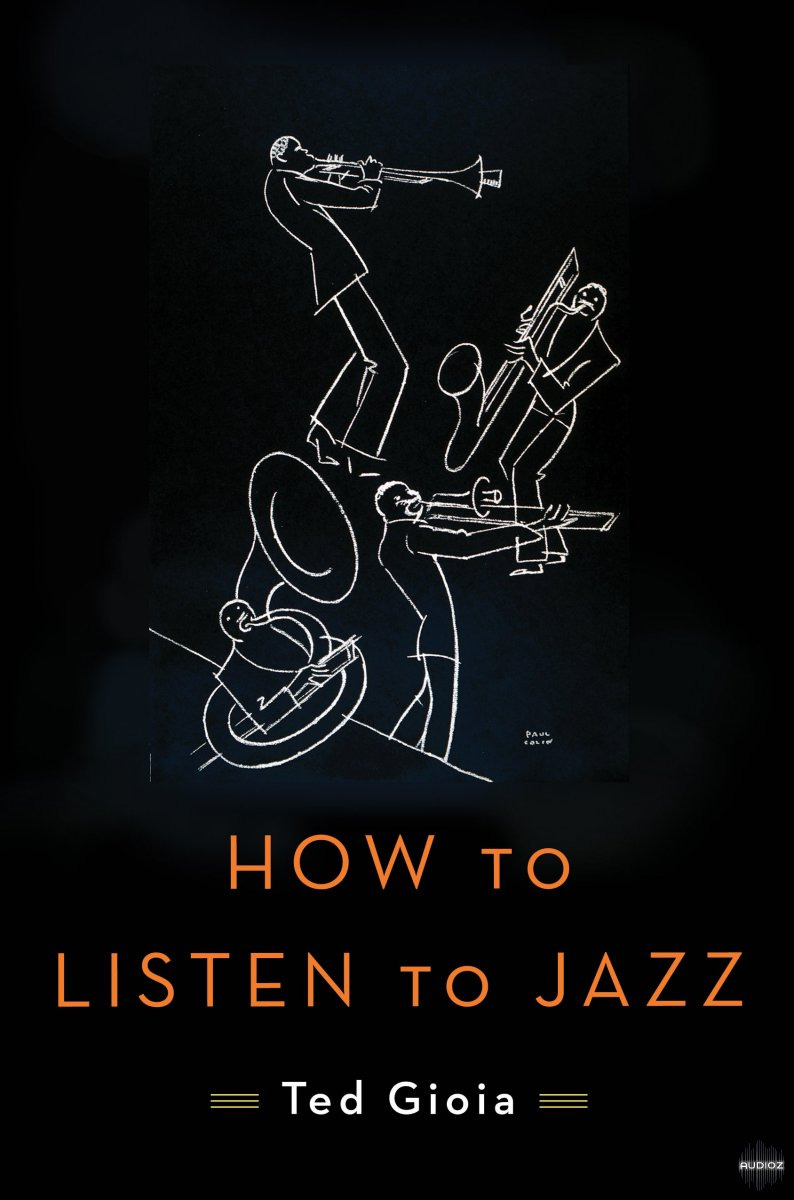My Delusion, Our Illusion
Description
Every month, my bank account sadly, whispers the same question: Is this the month your dreams drown?
Refrigerator magnets and YouTube gurus will tell you to follow your passion and you'll never work a day in your life. But they fail to mention what it looks like when you don't get paid. That's the reality of pursuing creative endeavors: conflict. And conflict only increases each month driven by the same pressure that millions of people with "real jobs" feel, the pressure of financial stability.
Can I make enough money to stay afloat?
It’s a water level which consists of two invisibly thin lines: 1) having enough money to pay all that needs to be paid, and 2) receiving that money in time to pay what needs to be paid. I’ve been struggling with the second in secret for several years.
There’s a certain level of performance involved in all creative online work. We generate holograms of our lives, digital myths spun from carefully curated moments. A girl transforms infrequent weekend getaways into the appearance of a jet-setting lifestyle, strategically dispensing travel photos throughout the year. Suddenly, her life looks like one continuous adventure. It’s almost an art—and, almost completely, b******t. But aren't we all guilty of this kind of performance to some degree? We delete. We edit. We filter, and we present versions of our lives that look nothing like the messy, mundane realities of them. We become avatars of ourselves.
For years, I've been a character in my own fictions, fictions I wasn't even aware I was writing. The life that I presented was a canvas of carefully chosen omissions; a mastered craft of the partial truth, letting others fill in gaps. The assumptions made about my life were far more flattering than the reality ever was. It was a fiction written by what I left unsaid.
This is how writers perform. We edit out the reality that most of us are struggling just to pay our internet bill.
Every time I think about this, I think about a real estate agent I knew. As far as I could tell, she wasn't a very successful real estate agent. She just didn't sell many houses. But you'd never guess it from looking at her car. Every year, without fail, she'd be driving a brand new model. Her logic? "Can't look broke in front of clients." And you know what? She had a point. If your agent's car is worth less than your TV...
I think, for writers, the pressure to project success has a less obvious link to motivation. It’s not a one-to-one relationship. There’s some hazy psychology mixed in like: “If I admit that most months I'm panicking about the due-dates of my bills, would anyone take me seriously?”
The connection between financial stability and credibility isn't as clear as a realtor's justification for a new car. But it's there, constantly pushing. Maybe the whole thing is as simple as this: worrying about money makes me feel like a failure, and feeling like a failure makes it hard to confidently put my thoughts out into the world. And admitting these things publicly ties me to them. The reality becomes unavoidable. So maybe I do like pretending I’m more successful than I am.
But feeling like a phony isn't even the worst part. It's the conflict this creates within me.
There’s one side of me that sees my actual skills, and my talents as a path forward. The more I write, the more I put myself out there, the closer I get to the possibility of that becoming my career, which is the promise of sites like Substack and Beehiiv (and even X), isn’t it? Stick around long enough, improve, develop an audience, and build yourself a sustainable income.
Then there’s the other side of me that feels the pressure of impending collapse. I’m holding it together now, but for how long? And is it even really in my control? I can do everything right. I can show up. I can do my work. I can pay my bills. And yet one thing, one late payment, one client who decides they’ll pay me after they come back from vacation–one small thing can create a chain reaction that will crumble everything.
Adding to this pressure is the weight of family perception and image. The people closest to me do not understand the world we live in, they don’t understand how it’s changed since the 1950s, and how it’s continuing to change right now. To them, all of this online creative work isn't work - it's something I need to 'grow up' from. They see me as a child who never matured, because for them maturing means giving up on what you want, getting a job with good benefits, and suffering through it until you retire. To them I'm a fool and a waste of potential. And their judgment becomes yet another voice ringing in my ear and rattling around in my chest.
All of this pressure manifests as a need to hurry up; to get there faster. Build faster. Write faster. Edit faster. Start more projects. Dump more projects. Switch from one thing to another. Pivot. Change. Make short videos. Optimize. Move quickly. Because in this frantic world standing still means your death.
But writing is not a speed exercise. It doesn’t improve in a rush. The myth of Jack Kerouac writing On The Road in a benzedrine-fueled, three-week fury? It's just a myth. Sure, he did feed a 120-foot-long roll of teletype paper into his Smith Corona (the mad b*****d.) And he did bang out that first draft in three weeks. But that burst of words didn’t come out of empty air. It had been percolating for years, in his head, in his journals, in his conversations, unraveling itself on adventures from coast to coast. That scroll, impressive as it was, was also just the beginning. It took another six years of pruning and shaping before Kerouac's rabid American dream hit the shelves in 1957.
Writing is often compared to gardening, and for good reason. Ideas, like seeds, need time to germinate. You can't rush them (annoying as it is.) A draft might come shooting out of the ground, seemingly out of nowhere, but unseen in the dirt it has been slowly taking root. A draft forms in the mind long before the fingers hit the keys.
How do I rush something that dies at velocity?
There are two impulses inside of me that at times feel like two people embroiled in an argument. One of them wants to cry, to scream, to punch something, and to fold under the weight. Because giving up can be a form of relief. The other voice, is stern, controlled, robotic, saying things like “Yes, that is a thing you are feeling.” It prefers less emotion. It does whatever is in front of it.
Neither of these voices is the right voice. Neither is the one to listen to. They only offer reactions. And everything that I know is found in the charred, chaotic landscape that exists between the two.
I know how to write. I know that exposing things to the light leads me somewhere—sometimes it leads only to the next draft or the next complete piece of writing, but that’s still somewhere. I know this path. It’s uncomfortable. It’s stressful. It wounds me. I doubt my abilities every day. And at times, I feel trapped. The only success that I’ve known on this path is the success of writing something and feeling like I’ve finished it. Nothing beyond that.
I may never be able to pay my bills doing this. I may always feel the stress that pulls at me like the stress I feel now after 12 days of waiting for a late payment to arrive. My life may actually collapse one day. There’s no played-up drama to that. It may happen. That’s a true representation of my life. That’s a true representation of a conflict that may never go away.
But, I show up.
Not because I’m some superior person; some model of virtue. Not because it’s a clever thing to say and just another way to perform. I show up because I honestly have no idea what the f**k else to do. This is all that I’m truly good at.
So, showing up is an act of hope. It’s also an act of desperation. But mostly, at its core, writing is an act of hope.
Get full access to Read or Die A Slave at readordieaslave.substack.com/subscribe














